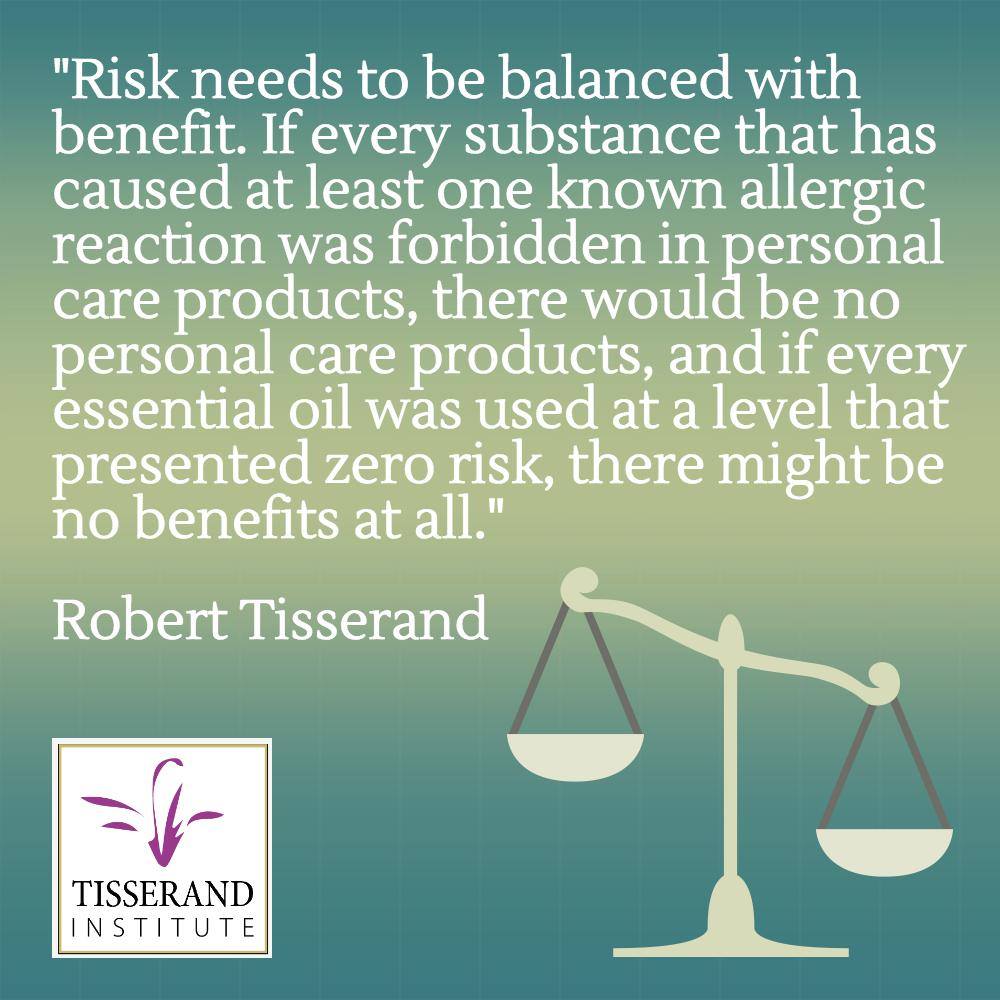
by Hana Tisserand | May 5, 2017
Essential oil use is always a careful balance between potential risks and benefits. The principle of the therapeutic window helps in finding this balance. The therapeutic window is the difference between the lowest dose or dilution that we know is effective, and the...
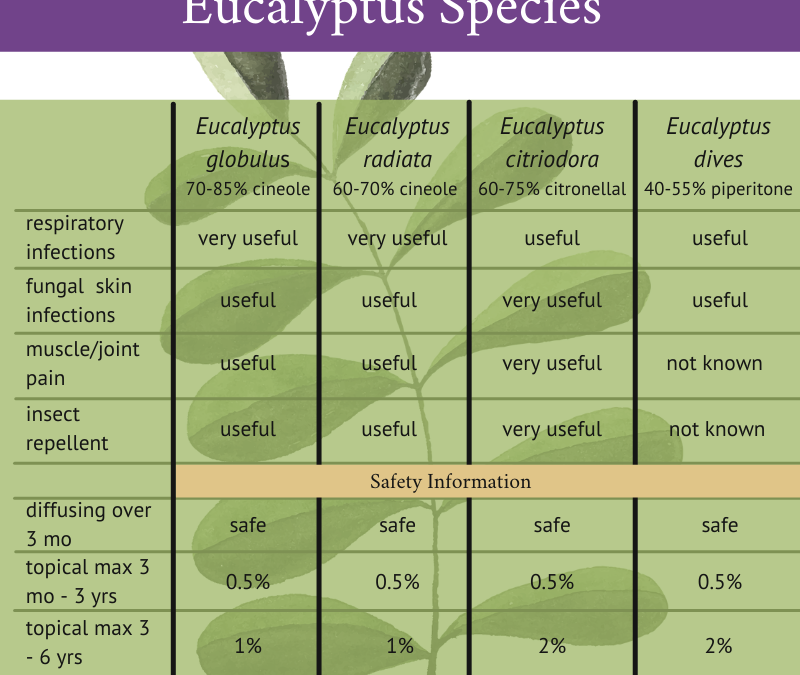
by Hana Tisserand | Apr 19, 2017
These are among the most commonly used Eucalyptus oils in aromatherapy. E. radiata is sometimes said to be “gentler” than E. globulus. It does have a little less 1,8-cineole and has a pleasanter, softer odor, but the difference in terms of safety is almost negligible....
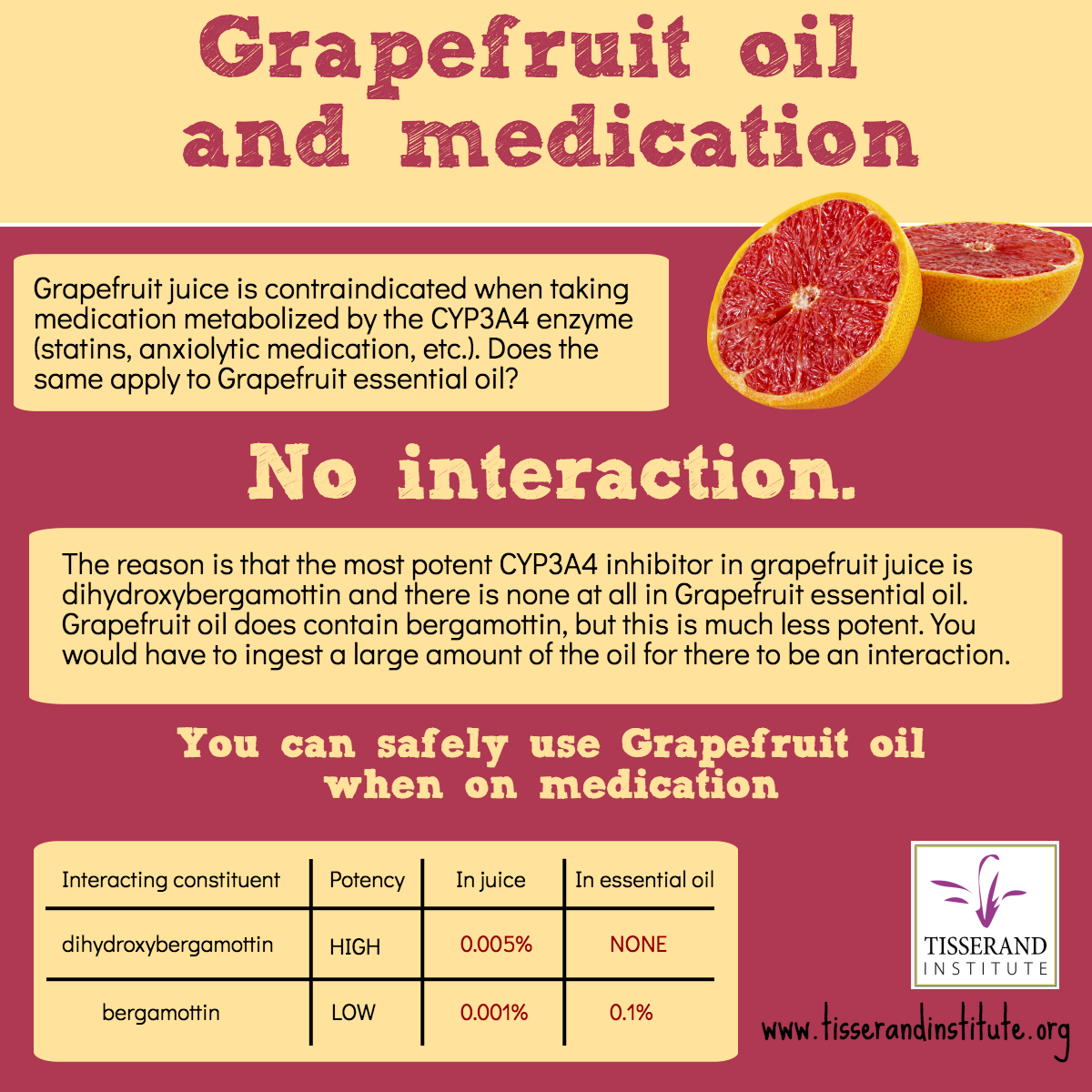
by Hana Tisserand | Mar 14, 2017
Doctors warn against consuming Grapefruit juice if you take certain types of medication, such as statins, which are metabolized by the CYP3A4 enzyme. Grapefruit juice inhibits this enzyme so the liver produces less of it, and this affects the action of those drugs...
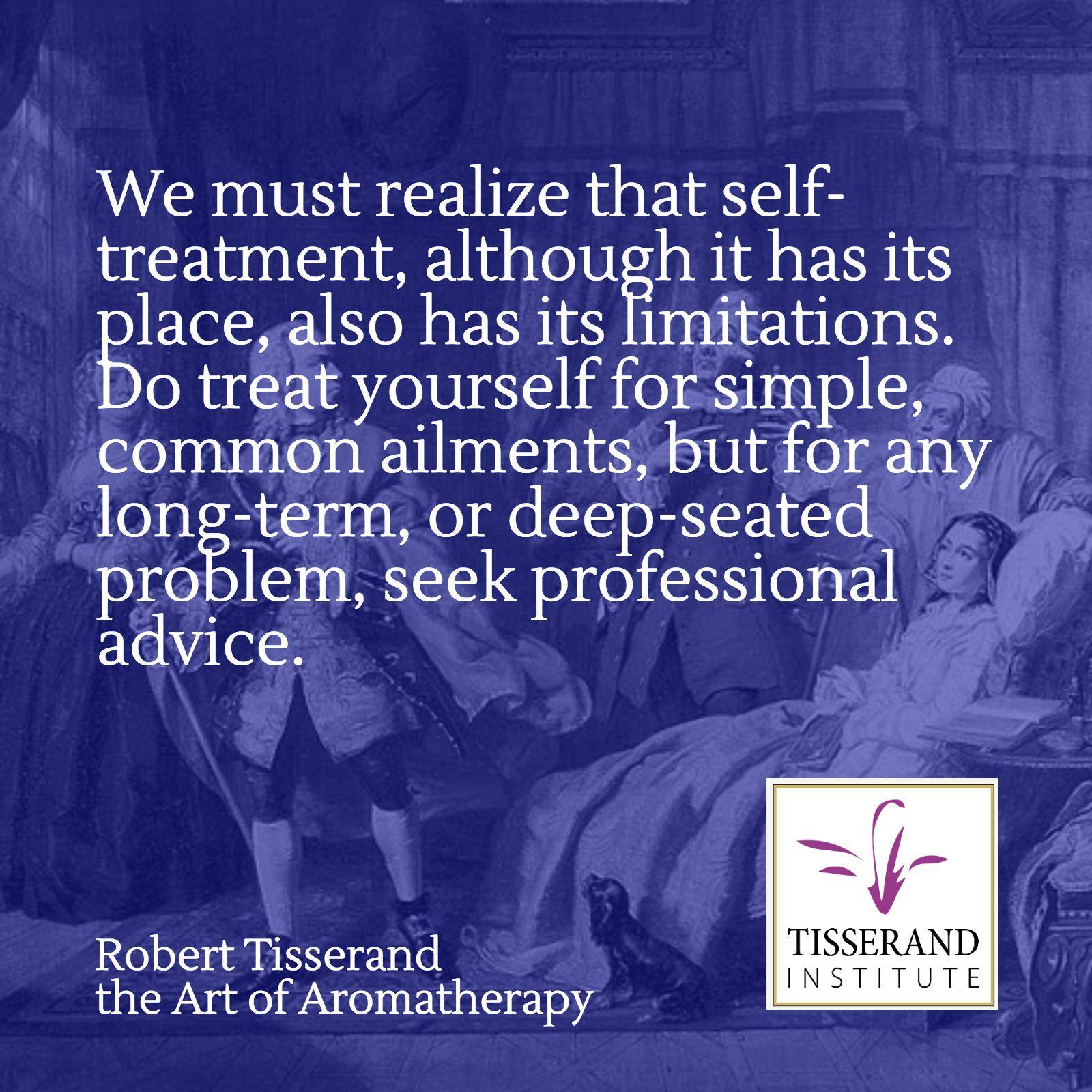
by Hana Tisserand | Mar 14, 2017
“We must realize that self-treatment, although it has its place, also has its limitations. Do treat yourself for simple, common ailments, but for any long-term, or deep-seated problem, seek professional advice.” ~ Robert Tisserand, The Art of...
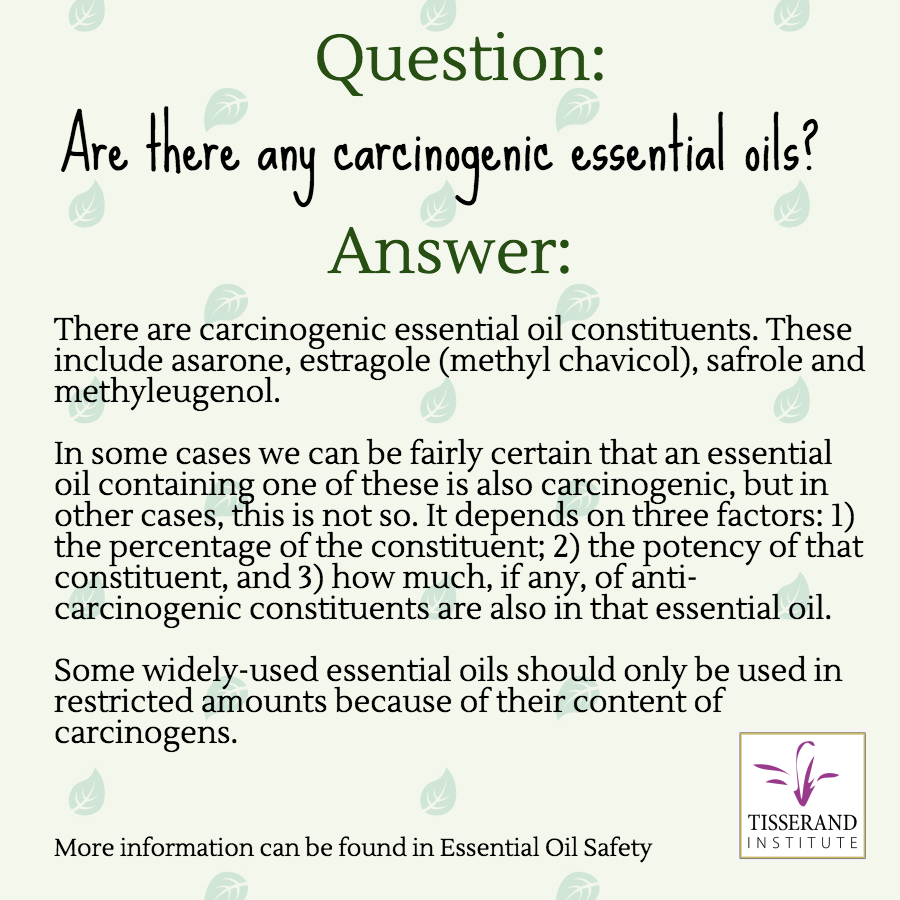
by Hana Tisserand | Mar 14, 2017
Are there any carcinogenic essential oils? There are carcinogenic essential oil constituents. These include asarone, estragole (methyl chavicol), safrole and methyleugenol. Both estragole and methyleugenol are found in Basil leaves and they are quite concentrated in...
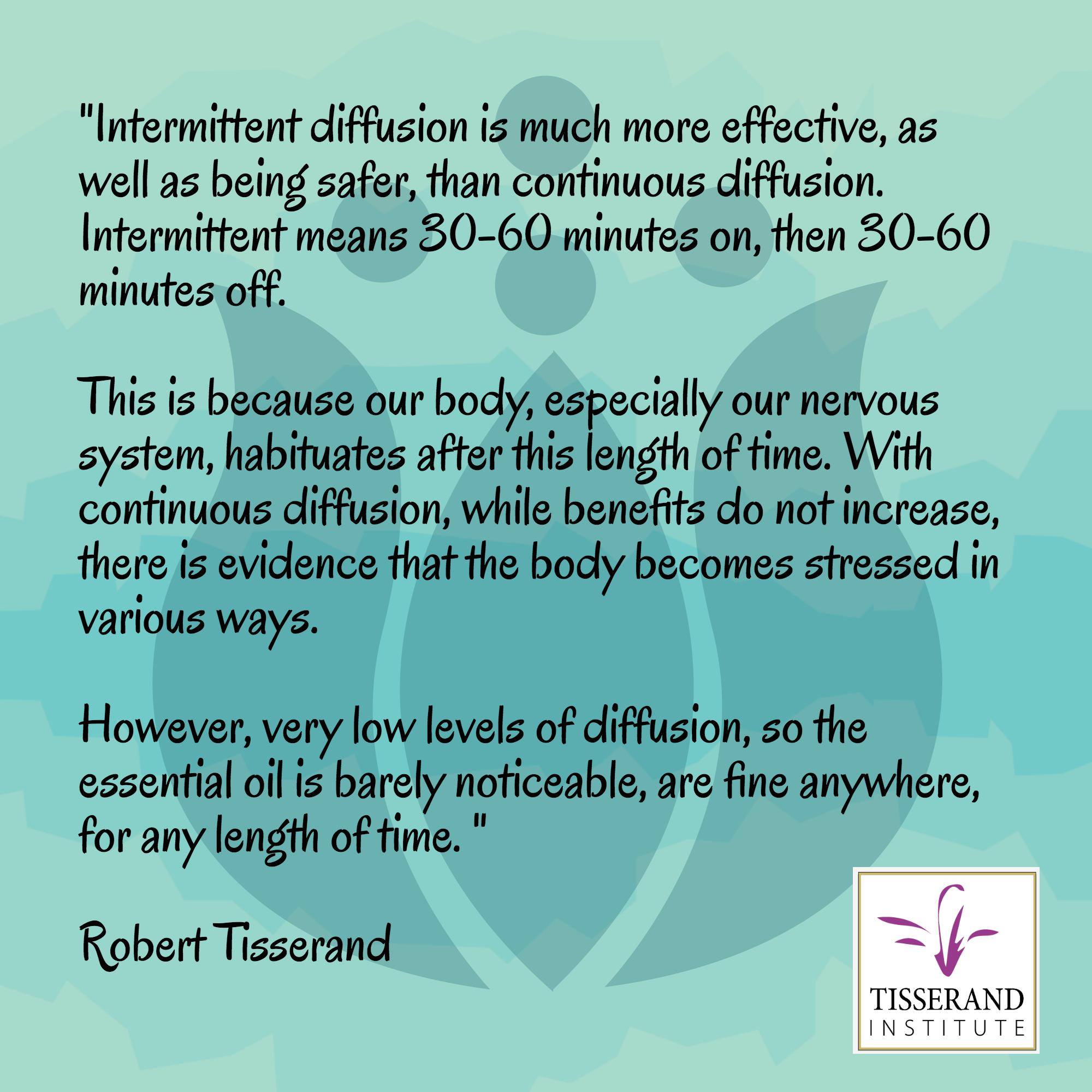
by Hana Tisserand | Mar 14, 2017
Safety guidelines for diffusion: “Intermittent diffusion is much more effective, as well as being safer, than continuous diffusion. Intermittent means 30-60 minutes on, then 30-60 minutes off. This is because our body, especially our nervous system, habituates...







